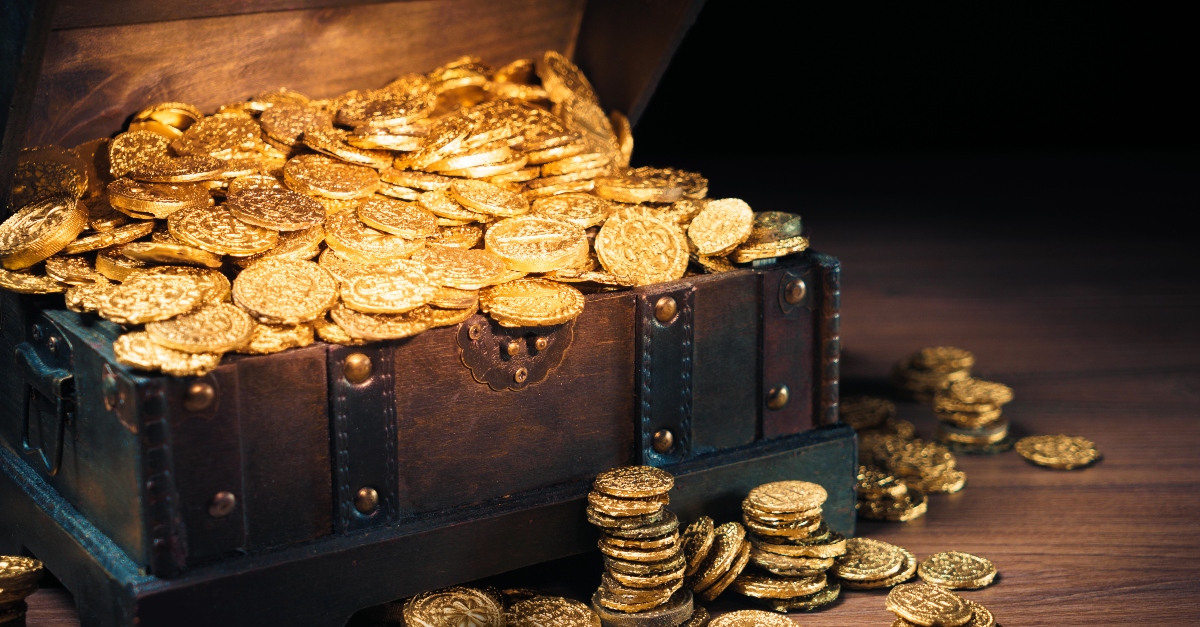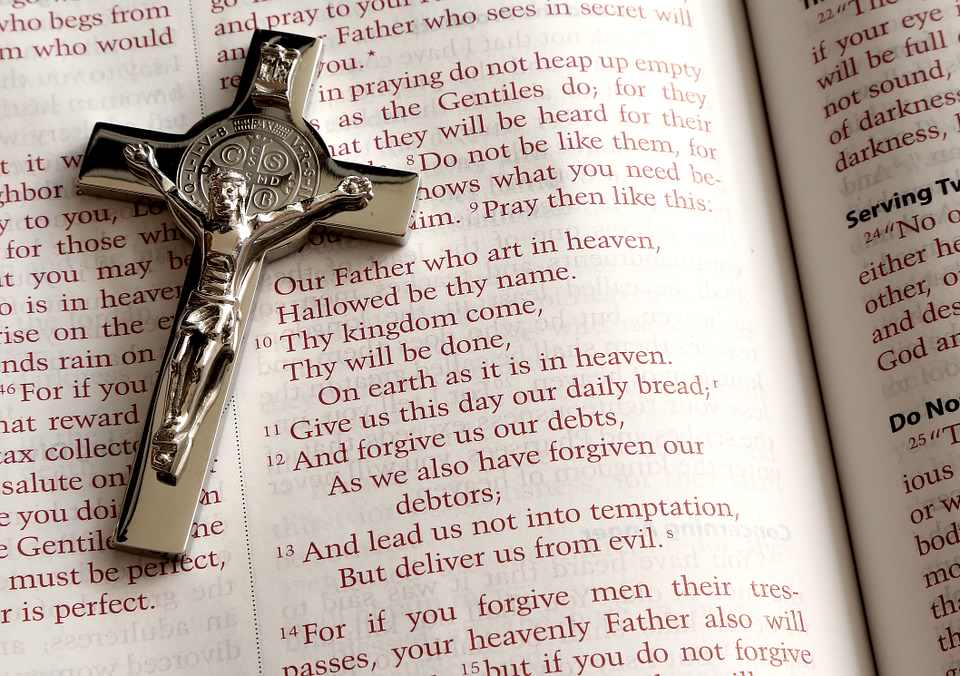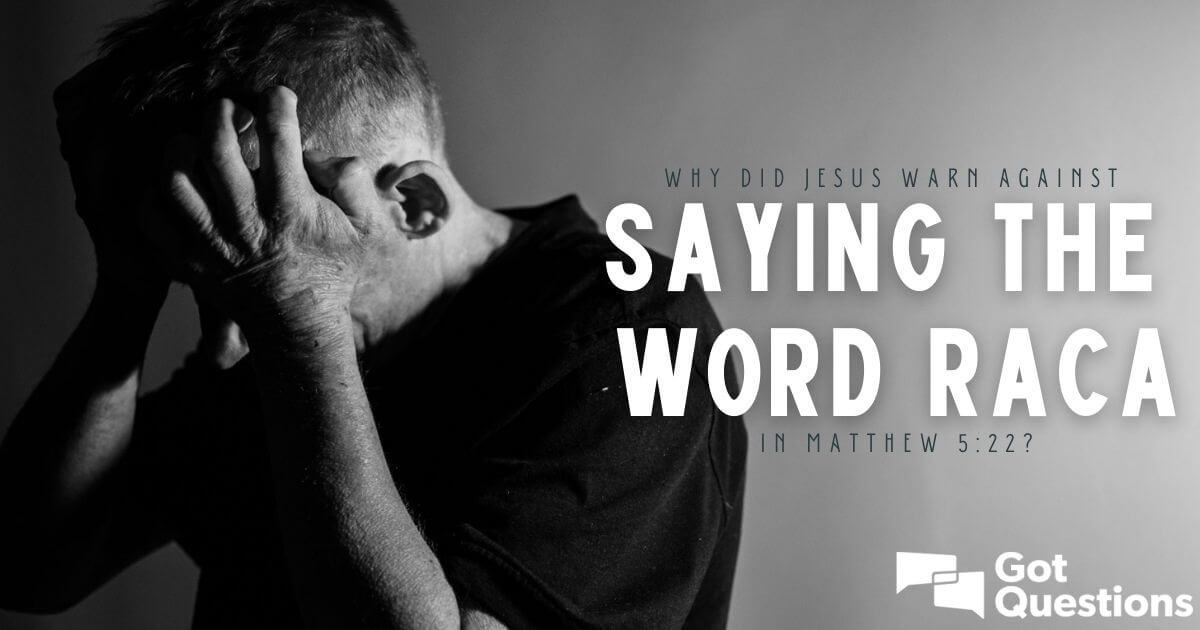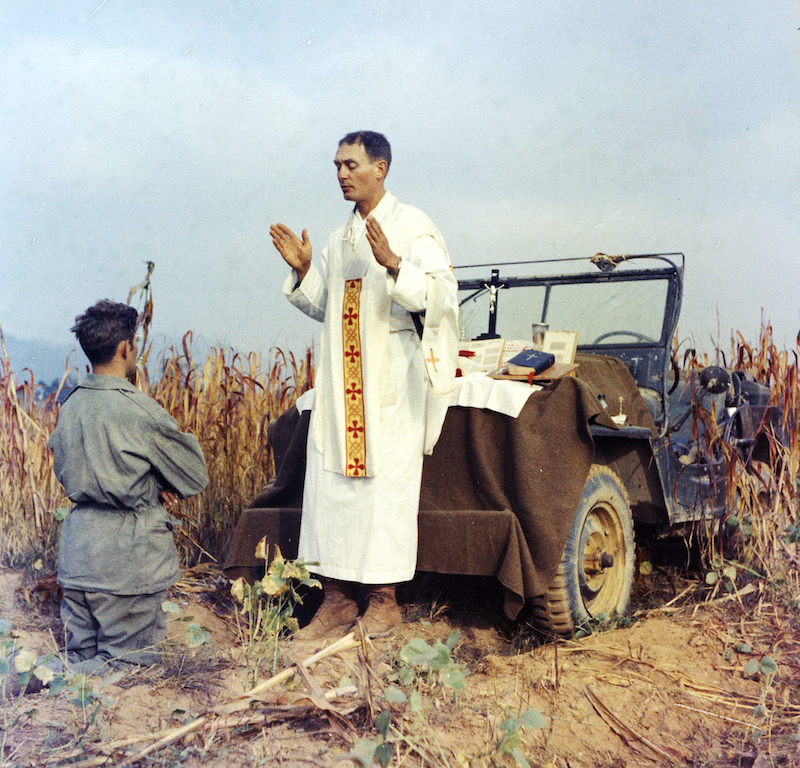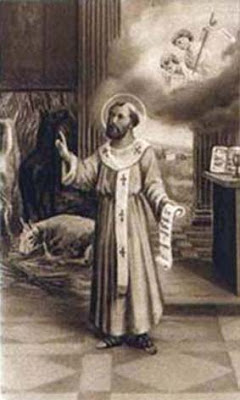
Today is Corpus Christi Sunday, meaning Body of Christ. In many churches throughout the world parishes have Eucharistic Processions and we will too will process down the streets of Little River at the end of Mass. There have been at least 126 Eucharistic Miracles that have occurred in various parts of the world and throughout the Christian history and have been authenticated by the Church. Today, I will speak about 7 Church approved Eucharistic Miracles.
The Miracle of Santarem - A woman living in Santarém, Portugal in the 13th was distressed that her husband was unfaithful to her, and she decided to consult a sorceress for help. The sorceress told her the price of her services was a consecrated host. She went to Mass at the Church of St. Stephen and received the Eucharist on her tongue, removed the Eucharist from her mouth, wrapped it in her veil, and headed to the door of the church. But before she got out, the host began to bleed. When she got home, she put the bloodied host in a trunk. That night, a miraculous light emanated from the trunk. She repented of what she had done and the next morning confessed to her priest. Her priest came and retrieved the host and took it back to the church. After an investigation and approval of the miracle, the church was renamed Church of the Holy Miracle, and the bloodied host remains on display to this day. About 10 years ago, when I went on a pilgrimage to Fatima, I was able to see the miracle first hand. Truly Amazing!
Miracle of Bolsena - In the year 1263 a priest from Prague was on route to Rome making a pilgrimage asking God for help to strengthen his faith since he was having doubts about his vocation. Along the way he stopped in Bolsena 70 miles north of Rome. While celebrating Mass there, as he raised the host during the consecration, the bread turned into flesh and began to bleed. The drops of blood fell onto the small white cloth on the altar, called the corporal. The following year, 1264, Pope Urban IV instituted the feast of the Body and Blood of Jesus, today’s feast, Corpus Christi. The Pope asked St Thomas Aquinas, living at that time, to write hymns for the feast. He wrote the Tantum Ergo and O Salutaris. That blood-stained corporal may still be seen in the Basilica of Orvieto north of Rome.
Miracle of Lanciano - The Eucharistic miracle of Lanciano, Italy, is probably the most famous Eucharistic miracle, which took place many centuries earlier, in the year 700. A monk who feared he was losing his vocation was celebrating Mass, and during the consecration the Host turned into flesh and the wine turned into blood. Despite the fact that the miracle took place almost 1300 years ago, you may still see the flesh in a monstrance which is exposed every day and the blood in a glass chalice. (The glass chalice is beneath the monstrance on the right.) The blood has congealed and is now in five clots in the glass chalice. In 1971 and 1981 a hospital laboratory tested the flesh and blood and discovered that the flesh is myocardium, which is heart muscular tissue, so we could say it is the heart of Jesus, the Sacred Heart, and the blood is of the blood group AB. In 1978 NASA scientists tested the blood on the Shroud of Turin and interestingly also discovered that it is of the blood group AB. The Sudarium, Face Cloth of Christ, in John 20:6 is also of the blood group AB.) Despite the fact that human flesh and blood should not have remained preserved for 1300 years the hospital lab tests found no trace of any preservatives. One final interesting point about the five blood clots in the chalice is that when you weigh one of them, it is the same weight as all five together, two of them together weigh the same as all five. In fact no matter what way you combine the blood clots individually or in a group to weigh them, they always weigh the same. (This shows that the full Jesus is present in a particle of the Eucharist no matter how small.)
Miracle of Chirattakonam, India - On April 28th, 2001, there was Eucharistic adoration at St. Mary’s parish in Chirattakonam, India, when suddenly three red stains materialize on the Host. The priest didn’t know what to do and placed the host back into the tabernacle. A few days later he retrieved the host to examine it again, and the red stains had arranged themselves to look like the face of a man (Jesus?). He quickly found a photographer and had pictures taken of the host.
Christmas Eucharistic Miracle in 2013, Poland - In 2013, a Eucharistic miracle was approved by the Vatican. The local bishop in Poland, who made the official declaration said, “As the Bishop of Legnica, I hereby announce to the public and inform about an event that took place in the parish of St. Jack in Legnica which has the signs of the Eucharistic miracle. On 25th December, 2013 during the distribution of the Holy Communion, a consecrated Host fell to the floor and then was picked up and placed in a water-filled container (vasculum). Soon after, stains of the red color appeared. In the histopathological image, the fragments of tissue have been found containing the fragmented parts of the cross striated muscle. …(it) is most similar to the heart muscle with alterations that often appear during ….agony. The genetic researches indicate the human origin of the tissue.”
Eucharistic Miracle of St. Clare - Once, during an enemy attack against Assisi, while the army was approaching the gates, the fierce Saracens invaded San Damiano, entered the confines of the monastery and even the very cloister of the virgins. In terror, the voices of the nuns trembling with fear cried to their Mother, Saint Clare. Saint Clare, with a fearless heart, commanded them to lead her, sick as she was, to the enemy, preceded by a silver and ivory case in which the Body of Christ was kept with great devotion. And prostrating herself before the Lord, she spoke tearfully to her Christ: ‘Behold, my Lord, is it possible You want to deliver into the hands of pagans Your defenseless handmaids, whom I have taught out of love for You? I pray You, Lord, protect these Your handmaids whom I cannot now save by myself.’ Suddenly a voice like that of a child resounded in her ears from the tabernacle: ‘I will always protect you!’ ‘My Lord,’ she added, ‘if it is Your wish, protect also this city which is sustained by Your love.’ Christ replied, ‘It will have to undergo trials, but it will be defended by My protection.’ St. Clare raising a face bathed in tears, comforted the sisters: ‘I assure you, daughters, that you will suffer no evil; only have faith in Christ.’ A great light shone from the Eucharist which caused the Saracens to take flight and fled back over the walls they had scaled. And Clare immediately admonished those who heard the voice I spoke of above, telling them severely: ‘Take care not to tell anyone about that voice while I am still alive, dearest daughters.’”
Miracle of St. Anthony of Padua - St. Anthony of Padua lived during the 13th century and possessed a great zeal for the Real Presence of Jesus in the Holy Eucharist. One day Saint Anthony heard of a man in Rimini named named Bononillo who did not share the same belief. In fact, Bononillo openly mocked people who believed that Jesus was truly present under the appearances of bread and wine. St. Anthony tried his hardest to convince Bononillo with the proofs of scripture and argument, but discovered that the man was as stubborn as a mule. Then St. Anthony received an inspiration. He challenged the wealthy merchant, “If the mule you ride adored the Body of Christ in the Eucharist, would you believe in the truth of the Blessed Sacrament?” Bononillo agreed, but decided to raise the stakes. Bononillo would starve his mule for three days and then bring it to the town square. Saint Anthony would bring the Blessed Sacrament to that same square. The mule then would be put in front of a pile of hay and St. Anthony would stand a few yards away with the Blessed Sacrament. What happened next would decide the victor. Bononillo brought the mules favorite hay and and St. Anthony stood holding the Eucharistic Jesus in his hands. The mule walked up to St. Anthony and bowed down on bended knees before the Sacred Host, causing Bononillo to renounce the error of his ways and came back to the Church with a strengthened faith in the Holy Eucharist.
These Eucharistic Miracles point to the fact, that Jesus is really and truly present in the Sacred Host. We are so very fortunate to have continuous Eucharistic Adoration from Sunday after Mass until Tuesday just before Mass, which is a testament to the faith of the people of Holy Trinity in our Lord’s true presence in the Eucharist. How wonderful to see so many of you receive Jesus on the tongue out of reverence and love. No one from our parish leaves Mass early after receiving Communion, unlike many other parishes.
How beautiful it is to see parents who bring children during your Holy Hour. To adore Jesus as a family is powerful. And as the famous Fr. Peyton used to say, “The family that prays together, stays together.” One of the main reasons for having continuous Eucharistic Adoration is so that anyone during the day or night can come and be with Jesus. How many graces are flowing from our church and into the world, by your silent presence with Jesus in the Most Blessed Sacrament. Not only is your heart touched by grace, but so are the hearts of your family members, parishioners and the graces flow.
May Jesus in the Eucharist always be the very center and heart of our church, the center and heart of our faith, the center and heart of our parish, and the center and heart of the lives of each of us.
O
Sacrament most holy,
O Sacrament divine,
All praise and all
thanksgiving
Be every moment thine.

